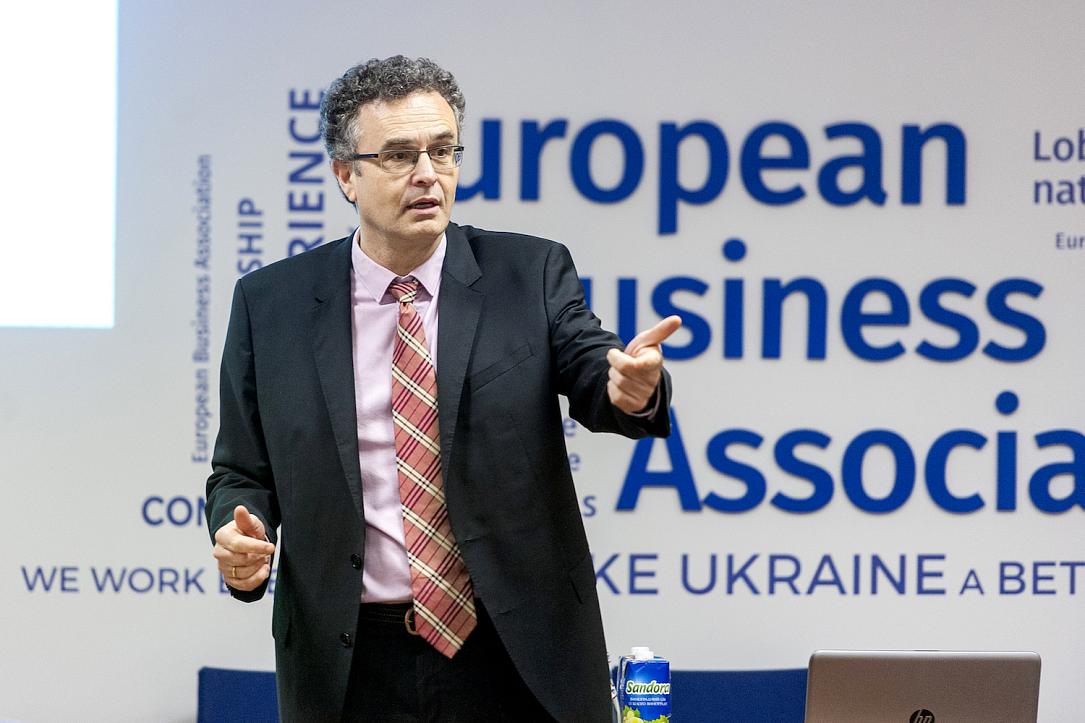Native content supported by City College, University of York Europe Campus
“If I only knew then what I know now”

Native content supported by City College, University of York Europe Campus

Native content supported by City College, University of York Europe Campus

As we grow older and transition from student life into our chosen career, it is not uncommon to hear people say “if I only knew then what I know now”! As humans, we are born with an innate need to learn, to understand, to evolve and this process happens ”naturally” as we move from childhood into adolescence. In many ways, this is the essence of life. Either we learn by doing, which has inherent risks and generally does not push our knowledge limits, or we undertake some form of formal education and training. We know from the newer generations inside our organizations that when employees feel they are no longer learning in their workplace they are much more likely to begin searching for such opportunities outside of their current employer.
During the pandemic workplace turnover dropped significantly as employees were worried about leaving the safety of the job they had and the fact that transitioning to another company could be inherently risky given we could not be physically present. So how did people find ways to learn and develop during this time? What we saw was a huge interest in personal education and development. There was a ten-fold increase, for example, in people learning new cooking skills, how to garden, and generally developing themselves when such opportunities were less available to them in their workplace.
In business, we have always used tools related to “training and development” as a means to re-engage employees, to enhance current skills, and build new ones. Following the pandemic, and the drive towards “everything AI” (artificial intelligence) and digital, the need to learn and keep up to date with changes and information flow has never been more critical. These seismic shifts in the way the world works have significantly impacted the way we manage people in our organizations requiring the need to retool and rethink not only our digital acumen but our managerial prowess.
Inside our companies, the need to build both the hard and soft skills of our most important resource, people, has taken on increased importance. The ability to do this in both face-to-face and online environments has given organizations, and employees, much more flexibility in determining the best ways to learn. If there is a positive that has come out from the pandemic it is that we have honed new ways of teaching that have become ubiquitous and ”standardised”, allowing for something approaching “just in time” learning.
Formal educational institutions, like universities, have also had to adapt and keep pace with these rapid changes and needs in the workforce in order to meet the needs of businesses and workers. In our MBA program, for example, we have had to rethink and retool what we teach in all the core areas of business. These developments then have a knock-on effect into the areas of specialization that we offer (e.g., marketing, finance, health care management, human resource management, logistics and supply chain management, and general management). As well, we have sought to maintain a balance of hard and soft skill development with a strong component of personalization so that students can gain the continuous education that works for them rather than simply the average person. As well, for our graduates, being able to offer them additional learning opportunities following graduation is becoming a necessity.
The genie is out of the bottle and cannot be put back in! Our work environments will never be the same again. Today’s workforce is seeking continual learning and development and will exit if they are not receiving it. Continuous education is the only way to stay current, and relevant, in business and in our world in general. “If I only knew then what I know now” will become “I need to know now what I should have known ten minutes ago”! Welcome to the new world of continuous education!
About the author
Prof. Leslie Szamosi is a highly sought after speaker in the area of organizational change and the management of change. He is a Professor and the Director of the Pan-European Executive MBA programme at CITY College, University of York Europe Campus and a Founder and Co-Director of the Laboratory for Strategic People Management. He is a member of the Association of MBAs (AMBA) and is regular evaluator and assessor of European Union funded projects.
Prof. Szamosi teaches at the The Pan-European Executive MBA which is a truly international programme leading to two MBA degrees, awarded by the University of York, UK and the University of Strasbourg, France. The Pan-European Executive MBA programme is offered Face-to-Face or Online in Thessaloniki, Bucharest, Yerevan, Sofia, Belgrade, Kyiv, Tbilisi and Baku.
*This is native content supported by City College, University of York Europe Campus.